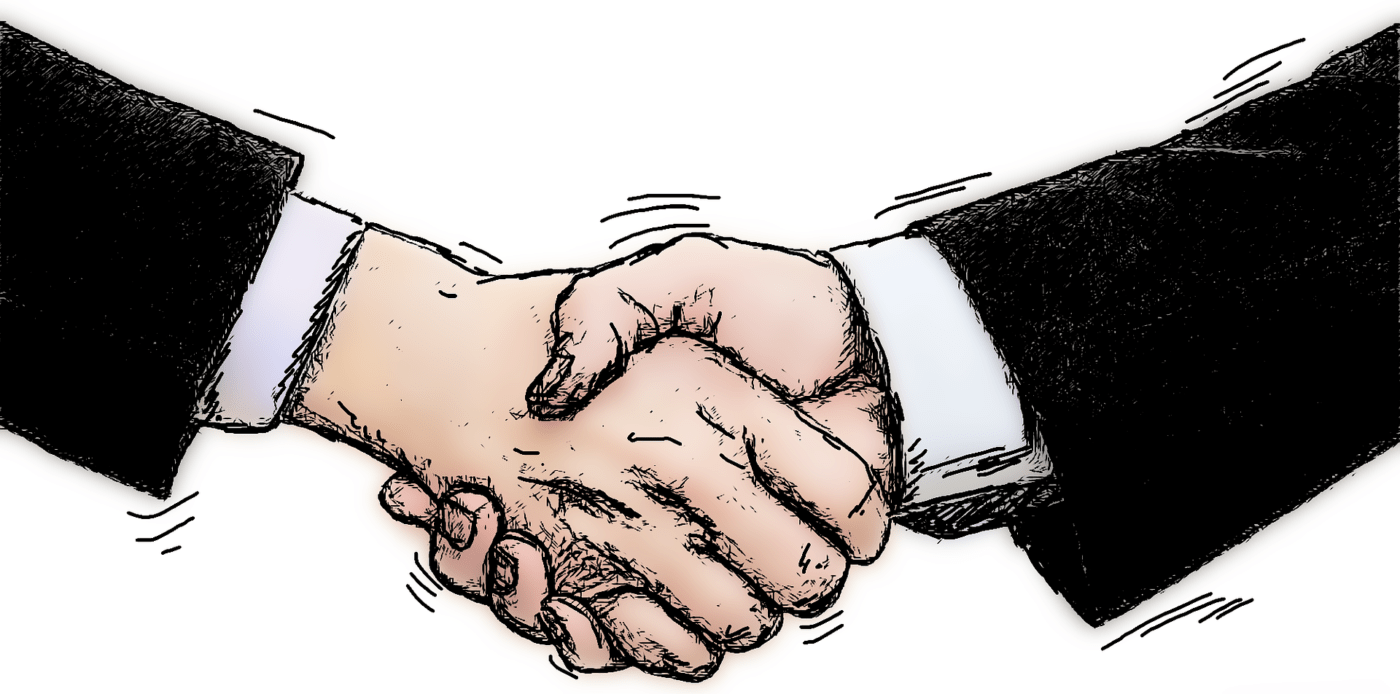What is the relationship between science and politics?
The last year has probably taught the average person – if there can be such a thing – more about science than they ever knew before. Be honest: who knew what an epidemiologist was before February 2020? And that’s before you get me started on SARS-CoV-2 and herd immunity. The frequent appearance of UK scientific and medical advisers Patrick Vallance and Chris Witty has demonstrated how the rules given by politicians have been shaped by scientific advice. This was quite the contrast to America until the inauguration of President Joe Biden, where Anthony Fauci, despite being part of the US Government’s Coronavirus Task Force, was frequently ignored by the former President.
Science therefore has a clear relationship with politics. At first, this might seem troubling. The research of scientific information in an ideal world would be wholly independent. This would prevent scientists from simply pursuing what was politically popular at the time. Independence would also allow research into initially controversial topics to take place. Before climate change became the established truth it is today, I imagine few governments would have wanted research looking at the impact of global warming.
Yet it is both impossible and undesirable to separate science from politics. The scientific method involves formulating a hypothesis, repeatedly testing this proposition and making deductions which can be falsified. The findings that scientists discover could invariably play a role in future policy. For example, it is only because of long term scientific research into the damaging effects of burning fossil fuels that governments around the world today are committed to green, renewable forms of energy.
Yet it is both impossible and undesirable to separate science from politics.
Science and politics may initially appear mutually exclusive. Politics is based around subjective biases and ideologies that will invariably have a mixed relationship with scientific evidence. Similarly, politicians in democracies naturally want to win re-election to maintain power, so have the tendency to shape their policies around what voters want. However, the relationship is closer. Both scientists and politicians respectively will want to explore what works. Examining, for example, the government’s welfare programme will be based on a mixture of statistics and personal research. Both of these factors are, arguably, scientific.
Obviously, lots of scientific controversy originates from who funds research. According to the Union of Concerned Scientists, the US federal government funded 42% of basic research in 2017, while the private sector funded 30%, the same amount as foundations, nonprofits and universities. However, 85% of research funding came from industries, demonstrating how a potential clear conflict of interest could be in play if the industries wanted scientists to back up certain findings.
The ideology of a government can be important. For example, a heavily socially conservative government built around fundamentalist religion may be against allowing for medical abortions or even contemplating euthanasia. George Bush Jr’s administration banned federal funding of embryonic stem cell research because he perceived that an embryo counted as a human life. Historically, the Catholic Church Inquisition placed Galileo Galilei under house arrest for daring to argue that the Earth moved around the Sun.
The role of science cannot be absolute in politics. While UK scientific advisers will have strongly suggested that lockdowns were necessary, that was ultimately the decision of the Prime Minister. As an elected representative, he is accountable to voters for the decisions that were made. Similarly, while scientists are experts on say, epidemiology and the spread of viruses, they cannot account for the impact of lockdowns on every area of public policy. That is the role of politicians: for advisers advise and ministers decide, as the late Lady Thatcher once said.
Scientific research, when it is at its best, should be defined by a method of falsification. A good theory should have the potential to be proved wrong with another theory that is later seen as correct. This demonstrates the brilliance of science: it is not fixed and rigid, with the potential for evolution as knowledge increases. In an ideal world, the same would happen with political developments, allowing for radical new change. Unfortunately, the political process can stagnate far too often. While scientists cannot make the final decisions over policy, it is obvious why they have an important role to play in the political process.

Comments